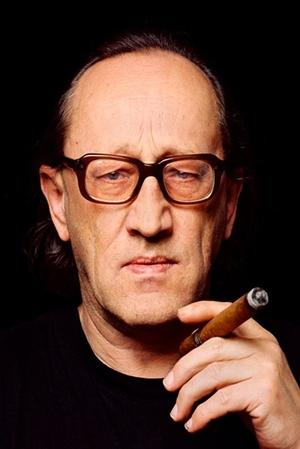Mind, Power, Castration (1993)
-
Release03/08/1993
-
Production
-
Rotten tomato0%
-
Original titleGeist, Macht, Kastration
-
Original languagede
-
Production Cost
-
0.00-
Overview
Here Müller and Kluge explicitly address a theme that is latently present in many of their conversations: the relation of intellectuals to reigning political power. Given his many writings on Frederick the Great, it is not surprising that Müller begins the discussion with the “love-hate” relationship between the 18th Century Prussian King and the French Philosopher Voltaire. Moving to the 20th Century, the conversation then focuses for the most part on intellectuals and their relationship to totalitarian regimes. An initial sketch of an encounter between the Russian writer Maxim Gorky and Vladimir Lenin in the post-revolutionary Soviet Union segues into a treatment of the German writer Ernst Jünger in the Third Reich (1933-1945). Müller follows this up with remarks about the importance of Jünger for his own thinking as a writer before and after the founding of the German Democratic Republic.
-
Director
Currently available to stream, watch for free, rent, and buy in the United States. You can makes it easy to find out where you can legally watch your favorite movies & TV shows online.
